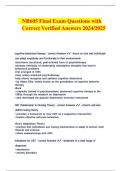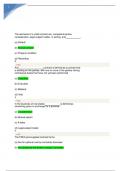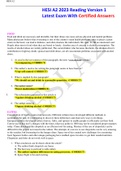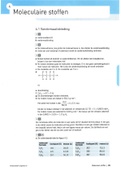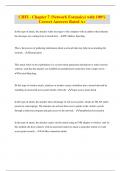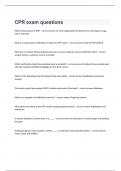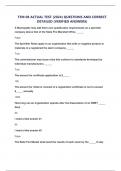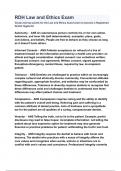Exam (elaborations)
NR605 Final Exam Questions with Correct Verified Answers 2024/2025
- Course
- NR 605/ NR605 (NR605)
- Institution
- Chamberlain College Of Nursing
NR605 Final Exam Questions with Correct Verified Answers 2024/2025 NR605 Final Exam Questions with Correct Verified Answers 2024/2025 NR605 Final Exam Questions with Correct Verified Answers 2024/2025 NR605 Final Exam Questions with Correct Verified Answers 2024/2025 NR605 Final Exam Ques...
[Show more]
